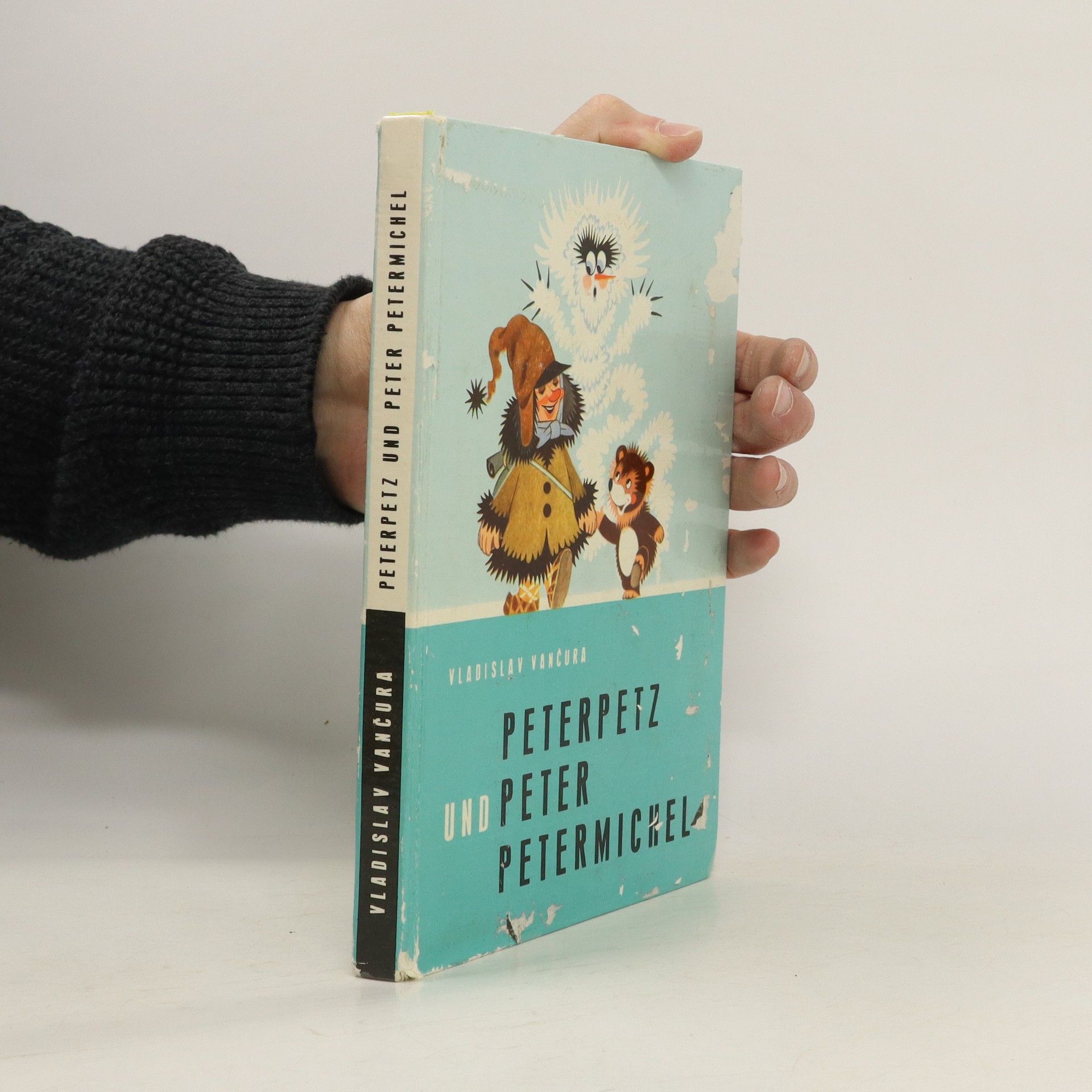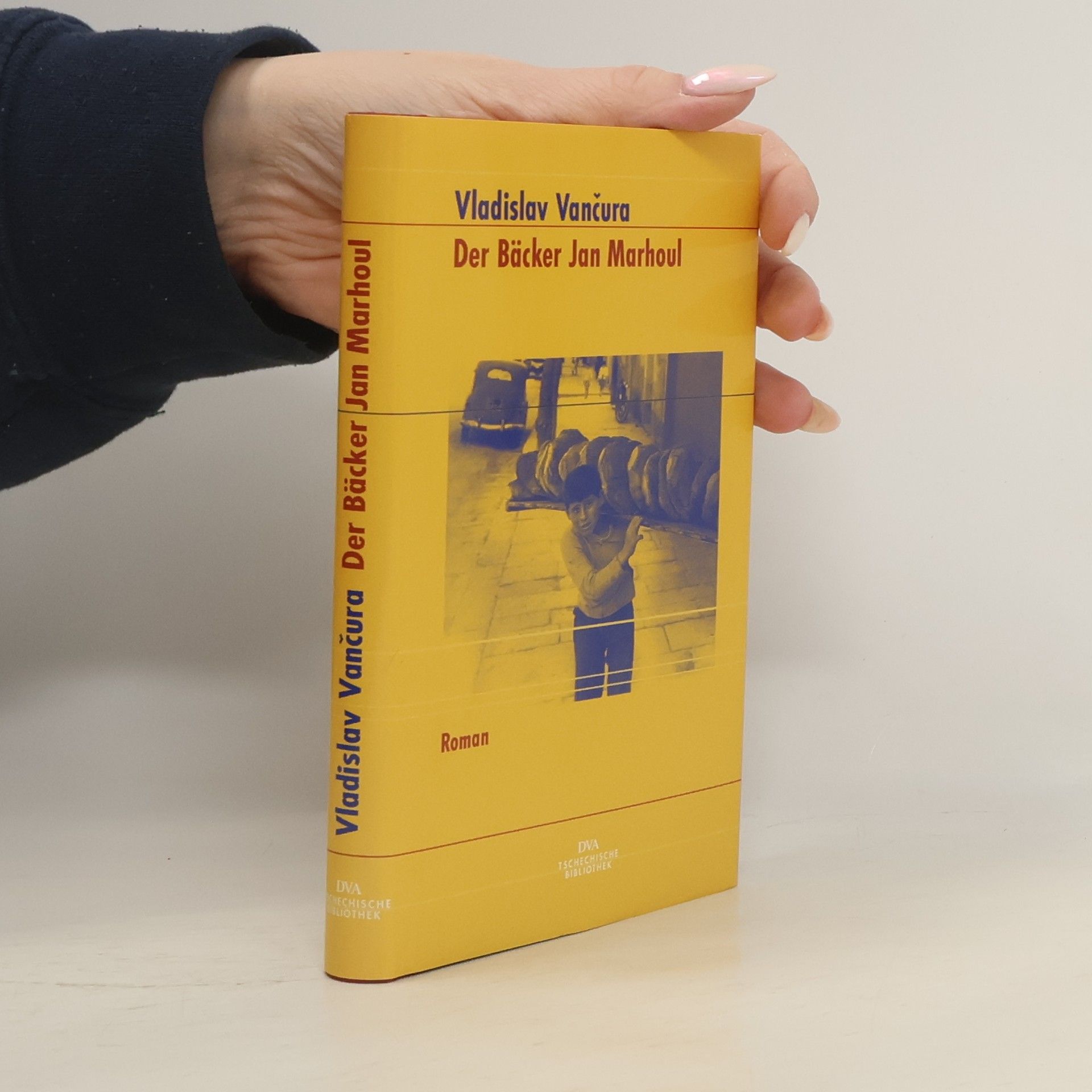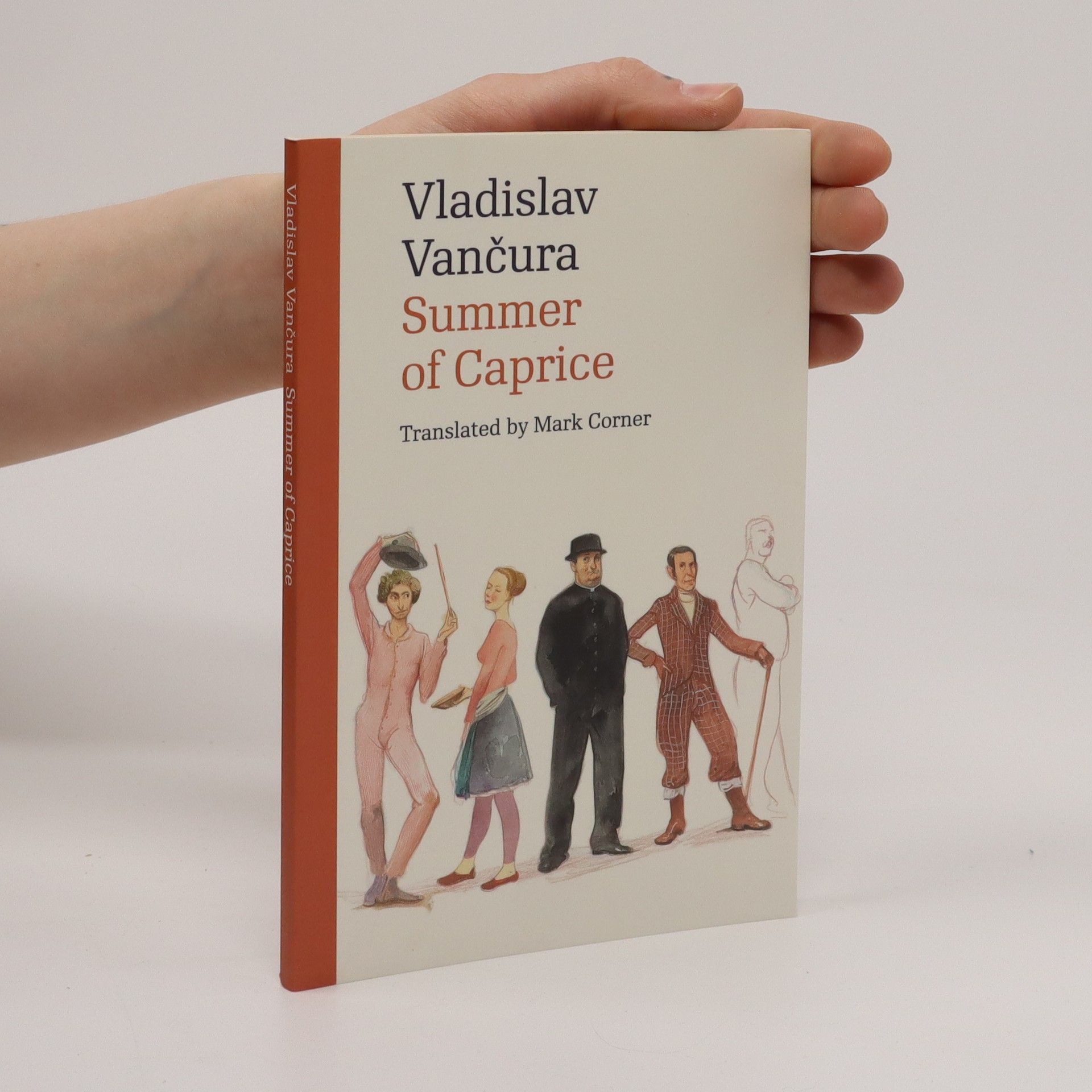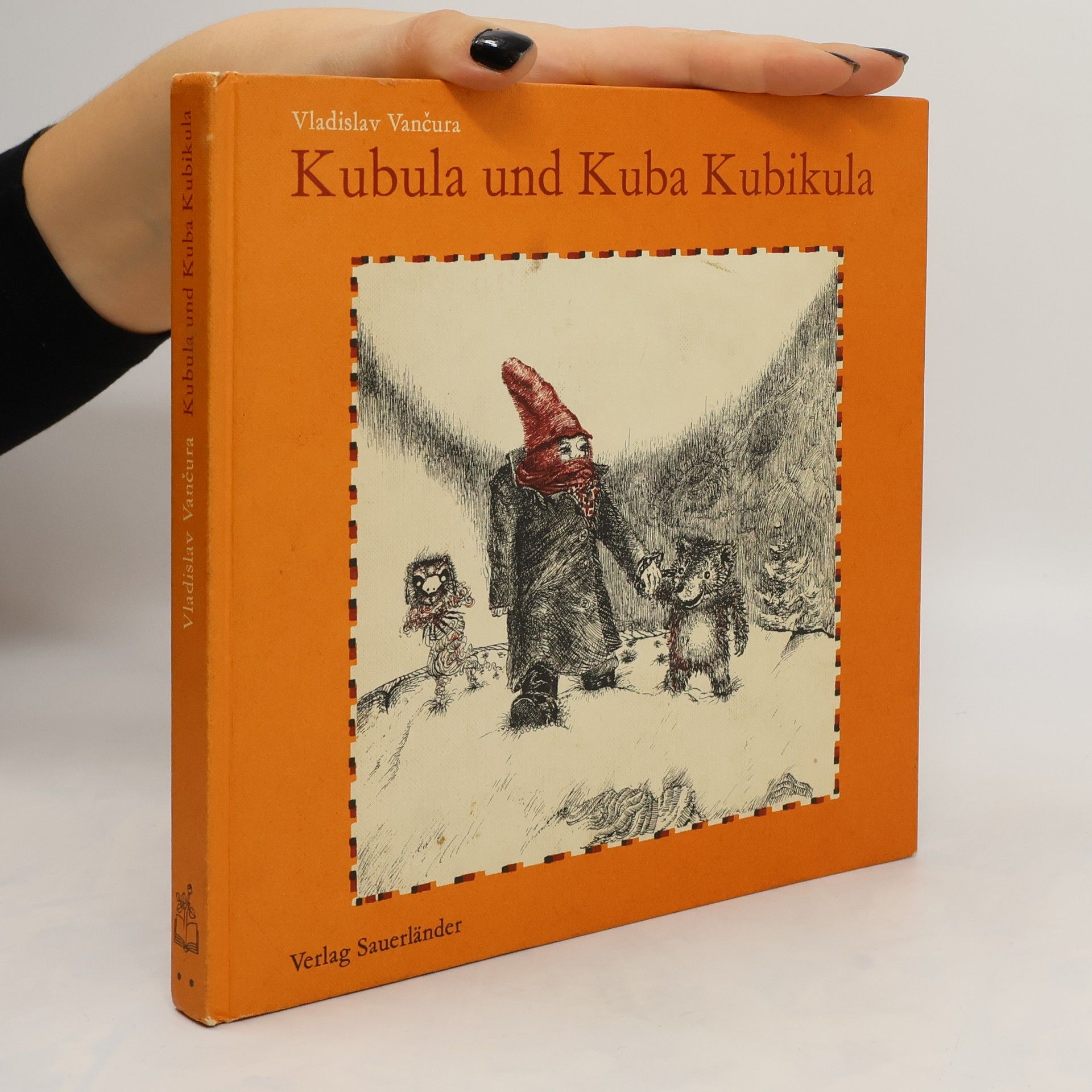Ploughshares into Swords is an expressionist anti-war novel in which Vančura tells the story of the denizens of the Ouhrov estate in language as baroque as the manor that ties them all together. The fragmented narrative introduces the reader to such characters as the Baron Danowitz, his sons, his French concubine, the farmhand František Horá, and the half-wit murderer Řeka in the autumn of 1913, before revealing their fates during the First World War. Spanning an area that stretches from the peaceful farmlands of Bohemia to the battlefields of Galicia, taking in the pubs of Budapest and the hospitals of Cracow, the novel constitutes an unsentimental and naturalistic approach to the war that created Czechoslovakia through a conscious subversion of the prophet Isaiah’s injunction that nations should beat their swords into ploughshares. Ploughshares into Swords is a stunning novel by one of Czech literature’s most important writers. This modernist masterpiece, akin to the work of Isaac Babel and William Faulkner, is now available in English for the very first time.
Vladislav Vančura Books
Vladislav Vančura was a Czech writer whose prose is deeply marked by his experiences in World War I and by Expressionism. In his writing, he fearlessly experimented, seeking new modes of artistic expression. His works are characterized by a distinctive language and style that echoes archaic Czech and emphasizes onomatopoeia and sound. Overall, Vančura's language is exceptionally rich and evocative.







Summer of Caprice
- 106 pages
- 4 hours of reading
In Summer of Caprice (the classic novel of the Twenties that was adapted into the beloved film of the Czech New Wave in the Sixties) the arrival of a magician and his girlfriend to a sleepy spa town sets off a series of events that will turn the lives of everyone in Little Karlsbad upside down. Set over the course of just three days in June, this poetic and comic novel beautifully captures the atmosphere of a small town, as Vančura juxtaposes the mundanity of life with the majesty of language. The playful narrative, linguistic dexterity, and metatextuality that has only become richer over the decades are hallmarks of this brilliant work of interwar modernism. “The witty conversation and ingenious dialogues surpass the plot itself.” —Epoch Times “Certainly, Vladislav Vančura’s language is a test for any translator’s mettle.” —Alice Horáčková, MF Dnes „(What makes Vladislav Vančura unique) is that all of his avant-garde searching finally led him to the epic’s classical approach, which enabled him, like no other prose writer in the world, to appropriate all the fundamental epiphanies of modern lyric poetry.” —M. Kundera, The Art of the Novel: Vladislav Vančura’s Journey in Search of the Great Epic
Der Bäcker Jan Marhoul. Roman
- 207 pages
- 8 hours of reading
Vadislav Vancura, ein bedeutender tschechischer Schriftsteller, erlangte mit seinem Roman „Der Bäcker Jan Marhoul“ Ruhm. Jan Marhoul, ein großzügiger Bäcker, wird für seine Naivität geschätzt, hilft Bedürftigen und scheitert oft, bleibt jedoch optimistisch und verkörpert Werte wie Güte und Träumerei in einer rauen Welt.
Příběh jednoho léta „poněkud nešťastného způsobu“. Banální historky třech pánů, nudících se v dešti, změnila květnatá spisovatelova čeština v dobrodružství ještě předtím, než přijel Arnoštek se svou krásnou společnicí.
Le Lac Ukereve
- 129 pages
- 5 hours of reading
Spavá nemoc, jež se nebezpečně šíří na březích jezera Ukereve, je zničující pro ugandský lid i německé koloniální zájmy. Francouzský lékař René Forde hledá za pomoci slavného Roberta Kocha lék umožňující epidemii zastavit, přičemž je nucen činit rozhodnutí s tragickými následky. Naději nachází v lásce ke krásné míšence Lee. Ta se spolu se svými bratry a otcem, králem Goanem, rozhodne Evropanům a jejich civilizaci zbraní postavit.V dialozích Vančurova dramatu se zračí hněv vzbouřených Uganďanů, jejichž úroda byla spálena, zoufalství vědce tváří v tvář pokroku i zaslepenost lidí toužících po moci a svolných k ukvapeným a samolibým řešením. Podaří se Fordovi, jehož ruce jsou potřísněny krví, nalézt lék včas? Jezero Ukereve, dílo antifašistické a antikoloniální, hraje na strunách emocí ušlechtilých i nízkých. S naléhavostí tak vybízí k zamyšlení nad nebezpečími, která hrozí světu... Slovy Lee: Civilizace je jen nástroj a lidé jsou vše.


